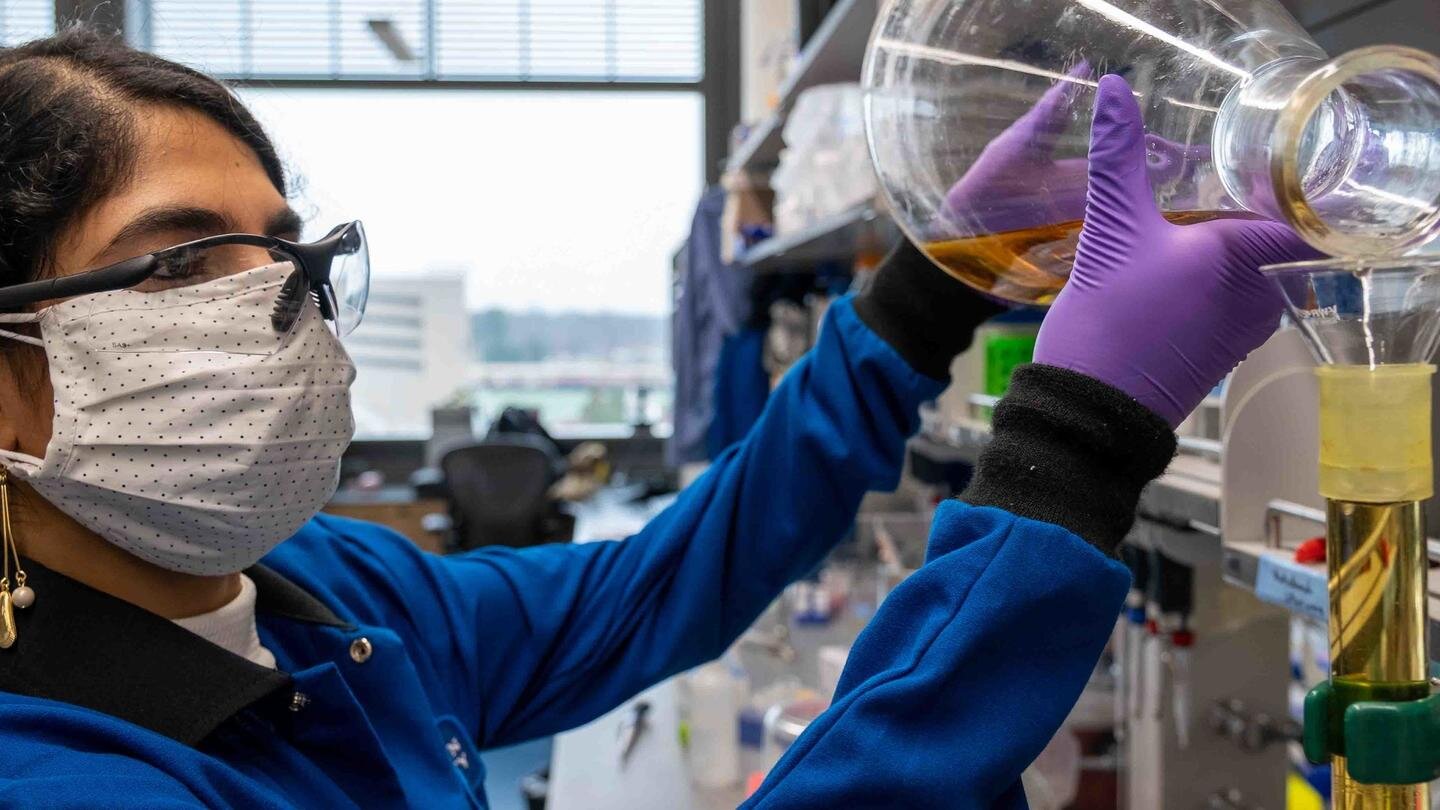This program is Part 2 in our
Tech Venture ProgramNew Cohorts Begin Every Month
The NSF I-Corps (pronounced “eye-core”) program is the second phase of the three-part NYU Tech Venture Program. NSF I-Corps Teams program supports faculty and researchers interested in entrepreneurial pathways for their research, with the goal of reducing the time it takes to bring technologies from the laboratory to the marketplace. I-Corps provides $50,000 in grant funding from the NSF along with real-world, immersive instruction that allows scientists and engineers to evaluate a technology’s commercial opportunity, a critical first step toward successful translation into products, processes and services that benefit society. If you are interested in applying, please attend an upcoming Tech Venture Program info session, or contact the Entrepreneurial Institute staff.
Apply
In addition to the $50,000 grant, I-Corps consists of a mandatory immersive seven-week training program consisting of:
The entire training program lasts seven weeks, and participants are expected to dedicate a minimum of 15 hours per week to the program. The sessions combine instructor and team presentations with active discussion and interaction. The focus of the program is customer discovery, in which teams interview potential customers and industry stakeholders with the goal of evaluating potential product-market fit of their technology and to inform their potential business model. By the end of the program, each team is expected to have conducted at least 100 interviews with potential customers and other stakeholders in their proposed target markets. Teams will present their customer discovery results and next steps during a final “lessons learned” presentation.
Mandatory team commitments
Applicants must have a technology that originated in academic research in university labs, as well as submit their application from an institution of higher education. As such, the NSF typically looks for evidence that the underlying research was published in peer-reviewed journals (ok if that’s in process), and that you have you begun the process to protect your intellectual property by filing a patent or invention disclosure with TOV (NYU’s tech transfer office).
Applicants who have had an active NSF research award in the last five years in a relevant research area – from any field of science or engineering – are eligible to apply to the national I-Corps program.
Researchers who have not received a research award from NSF may earn eligibility to the national I-Corps program by first participating in the NYU Tech Venture Workshop (or a similar regional I-Corps program) and receiving a letter of recommendation from the Entrepreneurial Institute following completion of the program.
If you believe you meet the eligibility requirements above, the next step is to:
Industry mentor (IM): An industry expert with business/entrepreneurial experience who is independent from the technology development and team. If you need help identifying an IM, please contact the Entrepreneurial Institute at entrepreneur@nyu.edu.
Teams may include additional members; however, they may not exceed five members. Teams may also identify a principal investigator, or PI, of record — someone who submits the proposal, manages the award, and is connected with the technology development, but does not wish to participate in the training program.
The I-Corps curriculum is not about how to write a research paper, business plan, or NSF proposal. The result is not a publication or a presentation of slides. Instead, I-Corps participants receive direct, hands-on experience in customer discovery — a key step in the entrepreneurial process that involves talking to potential customers, partners, and other industry stakeholders. The interview results allow the team to evaluate the commercial potential of their innovation for translation into a successful product and/or service.
Since the launch of the I-Corps program, participants have formed more than 1,400 startups that have raised over $3.2 billion in funding. Participants who have completed I-Corps have engaged in the following opportunities: